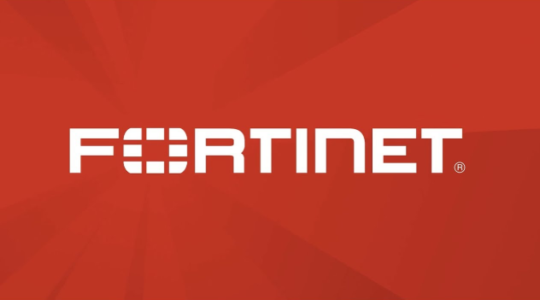Experts urge stronger teamwork and better training to overcome challenges posed by increased cyber threats.
SINGAPORE — A new survey by Fortinet, conducted by IDC, has revealed that cybersecurity incidents in Singapore have surged due to the rise in hybrid work and the increase in both managed and unmanaged connections. Nearly half (48%) of organizations surveyed reported more than triple the number of breaches, while 70% of respondents experienced at least double the incidents, including phishing, ransomware, and data theft.
The Asia-Pacific SASE (Secure Access Service Edge) survey explored how hybrid work has impacted cybersecurity practices and found that the growing reliance on cloud services and external connections significantly raises security risks. For Singapore, this trend has highlighted the need for enhanced cooperation among cybersecurity professionals and stronger focus on capacity building within the industry.
Jess Ng, Country Manager of Fortinet Singapore, emphasized the growing challenge of cybersecurity in Singapore as the country continues its digital transformation. “The increasing frequency and sophistication of cyber-attacks highlight the critical need for a strong cybersecurity framework, especially with the current shortage of skilled professionals,” Ng said.
Collaborating to Combat Rising Cybersecurity Threats
The survey findings point to a clear need for stronger collaboration across organizations to tackle cybersecurity issues. Rashish Pandey, Vice President of Marketing and Communications at Fortinet Asia, explained that cybersecurity is no longer just a technology issue but requires a collective effort. “Cybersecurity is a team sport. If the good guys come together, share their information and learnings, we can create a more secure environment,” Pandey said.
Pandey also noted that the lack of skilled cybersecurity professionals is a significant challenge, and Fortinet is working with educational institutions to improve training programs. The goal is to ensure that students are better prepared for the growing complexities of cybersecurity.
Adapting to a New Reality: Hybrid Work and Zero-Trust Security
The survey revealed that 92% of respondents in Singapore have embraced hybrid or fully remote work models. However, this shift has resulted in significant cybersecurity challenges, particularly with employees accessing multiple cloud-based services and third-party applications. The report highlights that employees in Singapore require at least 25 connections to cloud applications, and this number is expected to double in the next two years, significantly increasing the risk of breaches.
Simon Piff, Research Vice President at IDC Asia/Pacific, emphasized the importance of adopting zero-trust architecture and cloud-delivered security solutions to mitigate these risks. “Organizations need to prioritize their security posture and invest in cloud-delivered solutions that can seamlessly integrate with on-premises security systems to manage hybrid work environments,” Piff said during the media briefing at Accelerate Asia 2023.
Securing ‘Branch-Offices-of-One’ and Future Strategies
The rise of the ‘branch-office-of-one’ model, where employees work from home or remote locations, requires businesses to rethink their cybersecurity strategies. Pandey highlighted that organizations must secure employees and devices operating outside the traditional office environment, emphasizing the need for a comprehensive security strategy to protect remote workers and their connections.
With cybersecurity threats evolving, businesses need to act decisively. The survey urges organizations to invest in security solutions that offer converged networking and security capabilities to simplify management and enhance protection both on and off the network.
The findings from the survey reflect the growing importance of cybersecurity in today’s hybrid work environment. As organizations across Singapore and the region continue to navigate these challenges, collaboration and investment in the cybersecurity workforce will be essential in staying ahead of emerging threats.








